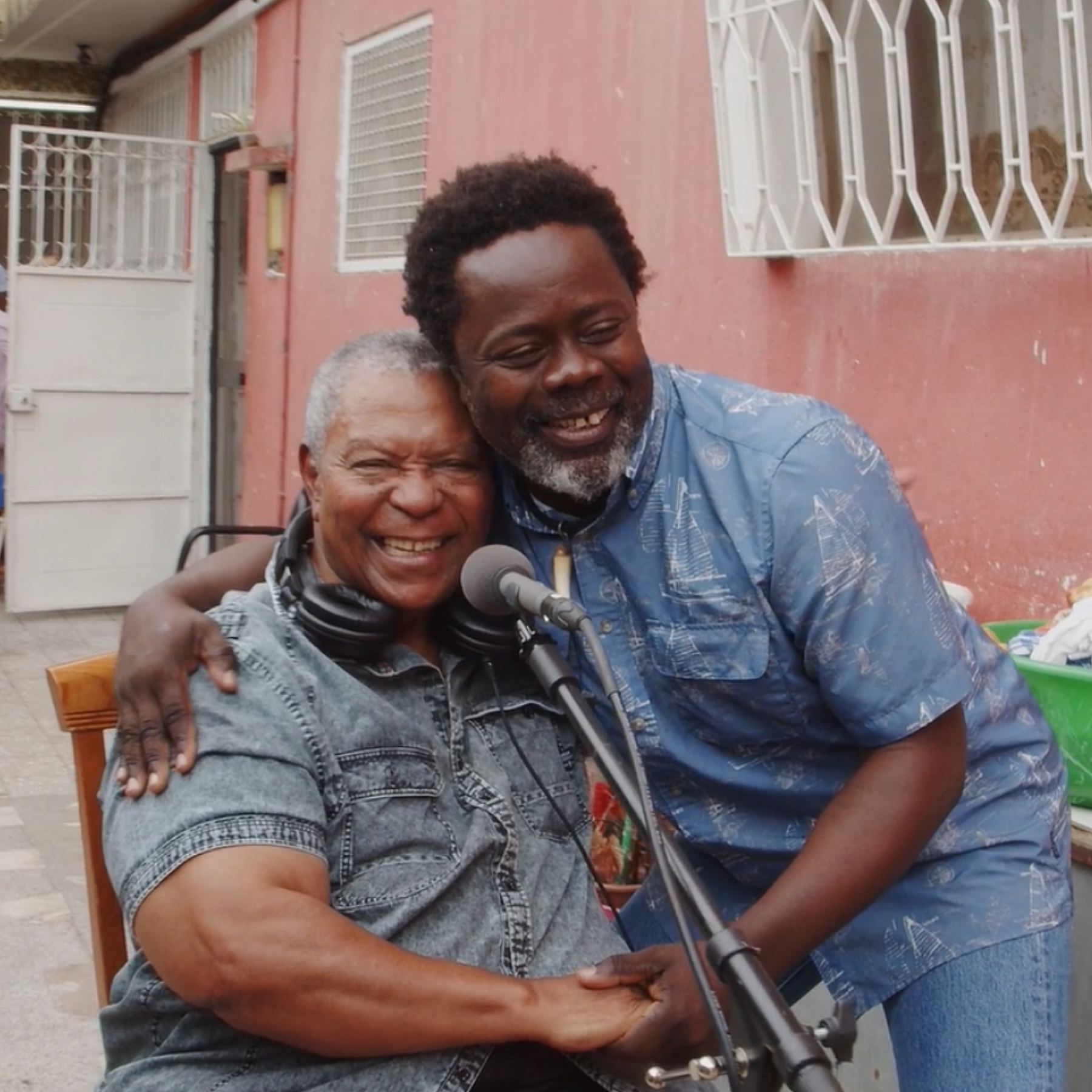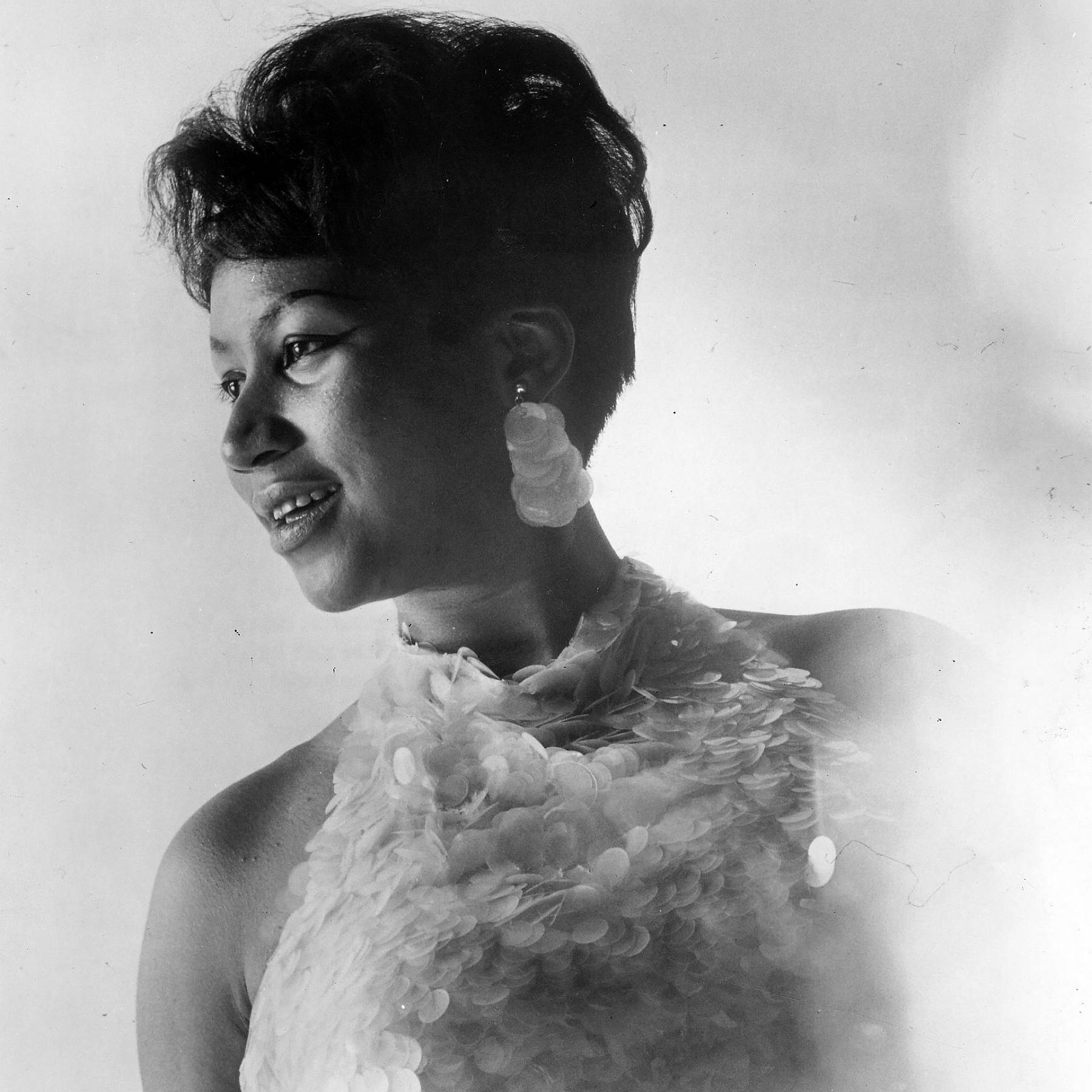Decoding Bonga Kwenda's Mona Ki Ngi Xica: A Message from Angola to the World
Welcome to another episode of our Producer's Journey series, where we follow our co-founder and producer Mark Johnson along with the PFC film crew on a new adventure in the vibrant town of Lisbon, Portugal as we record new musicians for our next Song Around The World.
"Mona Ki Ngi Xica" is a song in the album Angola 72 by the Angolan musician José Adelino Barceló de Carvalho, aka "Bonga.”
The album, released in 1972, is a mix of Latin guitar and semba, traditional Angolan music, reflecting patriotism and Angolan pride as well as the acceptance of other cultures. It describes Angola's struggle for independence from Portugal. The lyrics express the pain and suffering of the Angolan people under colonial rule and their hopes for freedom and a better future.
“We’re creating a new paradigm that has hope, culture, and inspiration embedded in it. That’s the hope to move forward, and this is a great example of that. Of course, the most important piece was to get Bonga himself on this song.”
- Mark Johnson


The meaning of “Mona Ki Ngi Xica” can be translated as “My Child, I Have to Leave You." Although the lyrics are in Portuguese, the song also incorporates elements of the Kimbundu language, spoken in Angola.
Alukenn n'golafua Alukenn n'golafua
N'ga mu binga kia And I’ve already warned you
Muene ondo kala beniaba She will stay here
Eme n'gondodiame Eme n'gondodiame
The phrase "Mona mona muene" is repeated throughout the song. "Mona" means "to listen" or "to hear" in Kimbundu, while "muene" can be translated as "my love" or "my beloved."
Mona mona muene This child of mine
Kissueia weza Evil people are after her
Mona mona muene This child of mine
Kalunga n'gumba On a tide of misfortune
N'zambi awani banack mona N'zambi awani banack mona
N'ga muvalele N'ga muvalele
Muene ondo kala beniaba She will stay here
Eme n'gondodiame And I will go away
The words "Kissueia weza" and "Kalunga n'gumba" can have different interpretations. "Kissueia weza" can be translated as "ascend with strength," symbolizing empowerment and overcoming challenges. "Kalunga" can refer to the divine or spiritual realm, while "n'gumba" can mean the sea or water.
Alukenn n'golafua Alukenn n'golafua
N'ga mu binga kia And I’ve already warned you
Muene ondo kala beniaba She will stay here
Eme n'gondodiame Eme n'gondodiame
The lyrics also mention "Alukenn n'golafua," which could refer to a personal name or serve as a metaphor for loneliness or longing. In poetry and music, metaphors and symbolic expressions are often used, and their interpretation can vary.
From the book Worlds of Difference: Rethinking the Ethics of Global Education for the 21st Century
“We had people in our family who were very honest, very African, very socio-cultural communicative, and that made us learn the things of our land—the music, the rhythm, the poetry. And then the respect from the elderly transmitted orally the greatest events of men with a lot of personality. And it overtook settlers and colonization; it made individuals like Bonga create intervention music. Angolan music.”
- Bonga

By Thesupermat - Own work, CC BY-SA 3.0
From Paris to Portugal: The Voice From Angola to the World
Bonga Kwenda was born José Adelino Barceló de Carvalho on September 5, 1942, in Luanda, Angola. Growing up in a traditional family, he learned to play the dikanza to accompany his father from a very young age. He was also gifted with percussion instruments like the guiro.
Recommended: Black History Month | Ancient Instruments
When he was a teenager, he pursued an athletic career in Portugal at the time of the dictatorship led by António Salazar. The situation in his country led Bonga to begin a clandestine life as a protest singer under his alias Bonga Kwenda, which can be translated as ‘he who is looking, who is always ahead and moving,’ according to The Medium.
Back then, an act like this was seen as rebellious and punishable under the dictatorship. Bonga recalls that this was a way to gain back the Angolan cultural heritage, as traditional music and outside languages were all banned.
Many Portuguese people, including Bonga, had relocated to Rotterdam by the time his album Angola 72 was released. However, the album's songs were perceived as political criticism, leading to an arrest warrant for him. As a result, Bonga had to leave his new home and travel throughout Europe for the next few years, up until Angola gained its freedom.
After independence, Bonga lived for some time in Paris and Angola before establishing his residence in Lisbon and continuing his music career with the albums Angola 74, Raizes, Angola 76, Kandandu, and Massemba 87, among others.
Are you enjoying our stories? Keep on supporting our work by following us on social media and supporting our music!
Facebook:https://www.facebook.com/PlayingForChange/
Instagram: https://www.instagram.com/playing4change/
Twitter: https://x.com/playing4change
Tik Tok: https://www.tiktok.com/@playing4change




